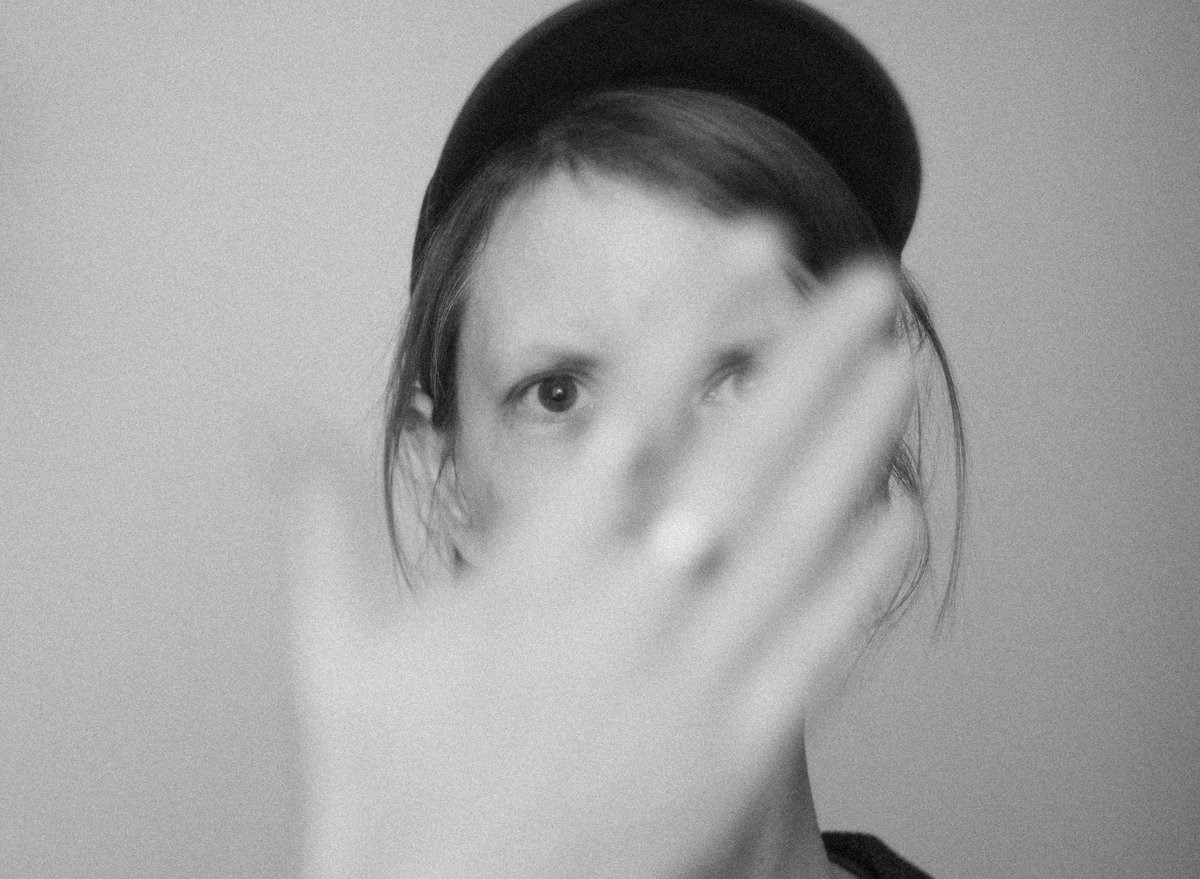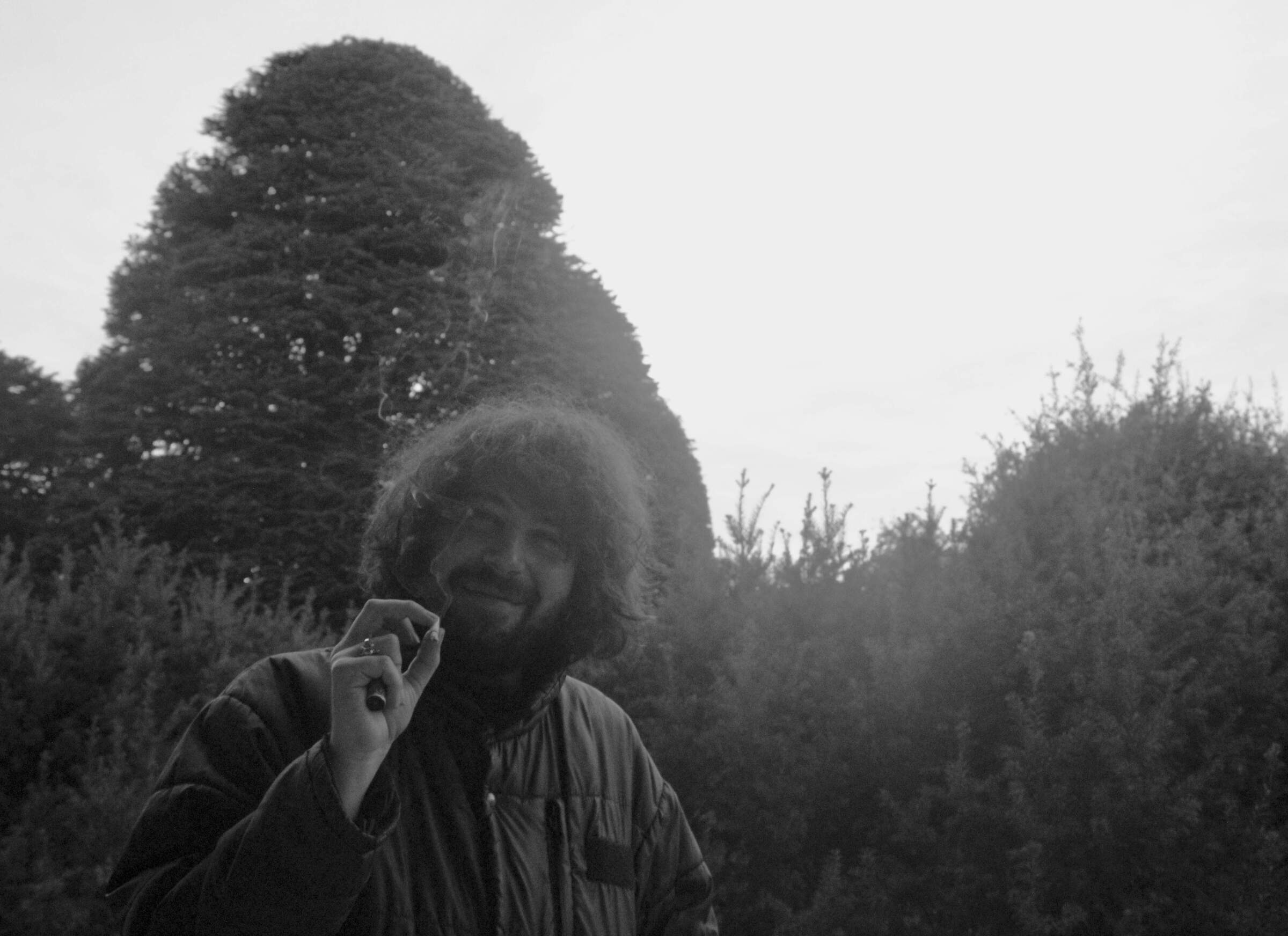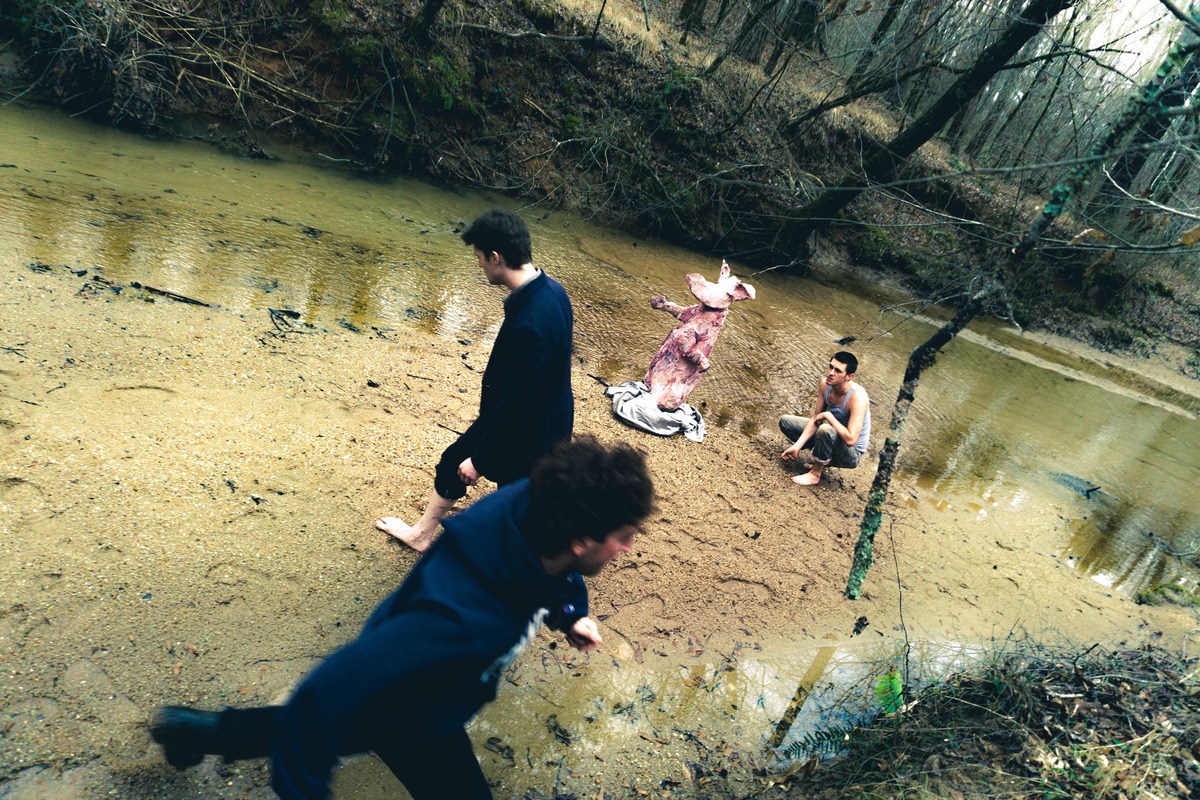Pierrot Lunaire interview with Arturo Stàlteri
Pierrot Lunaire recorded one of the most outstanding albums in whole discography of Italian progressive rock. Amazing fusion of avant garde, opera and decadent rock’n’roll. From experimentation with tape recorder to extremely intellectual musical ideas. Their second release Gudrun is a true masterpiece by this experimental and highly original band from the 70s.
Where and when did you grow up? Was music a big part of your family life?
Arturo Stàlteri: Music came very early: I am from Rome, my mother played quite well the piano (classical most of all) and my older sisters listened to many different kinds of music, from classical to beat, and the Italian songwriters and singers (the “Cantautori”). We were in the 60s, you know… I have always listened to music, since my birth, in 1959!
When did you begin playing music? What was your first instrument? Who were your major influences?
I began when I was six. I loved the sound of piano and all the music with piano inside… at the beginning I especially loved the little preludes and fugues by Johann Sebastian Bach. When I started to grow up, I fell in love with Keith Emerson and I began to study his fantastic music. But, for a strange reason, I was also absolutely spellbound by the Rolling Stones, that I still love now (I saw them in concert 21 times, the last one in Berlin in 2018).
What bands were you with prior to the formation of Pierrot Lunaire?
Well, I had many little bands, the first when I was 12, with two schoolmates. We named ourselves Beroproc (from Beatles, Rolling Stones and Procol Harum), we played most of all covers… more important was La Terza Vita (The third life) where I also started to compose for the group, and Trittico Del Fieno inspired by the painter Hieronymus Bosch, darker oriented. In the same time I wrote a lot as a solo singer, guitarist and pianist. I was 14-15 years old. The band that then became Pierrot Lunaire was called Printemps (Spring) in the origin. Band consisted of Gaio Chiocchio, which founded Pierrot Lunaire with me.
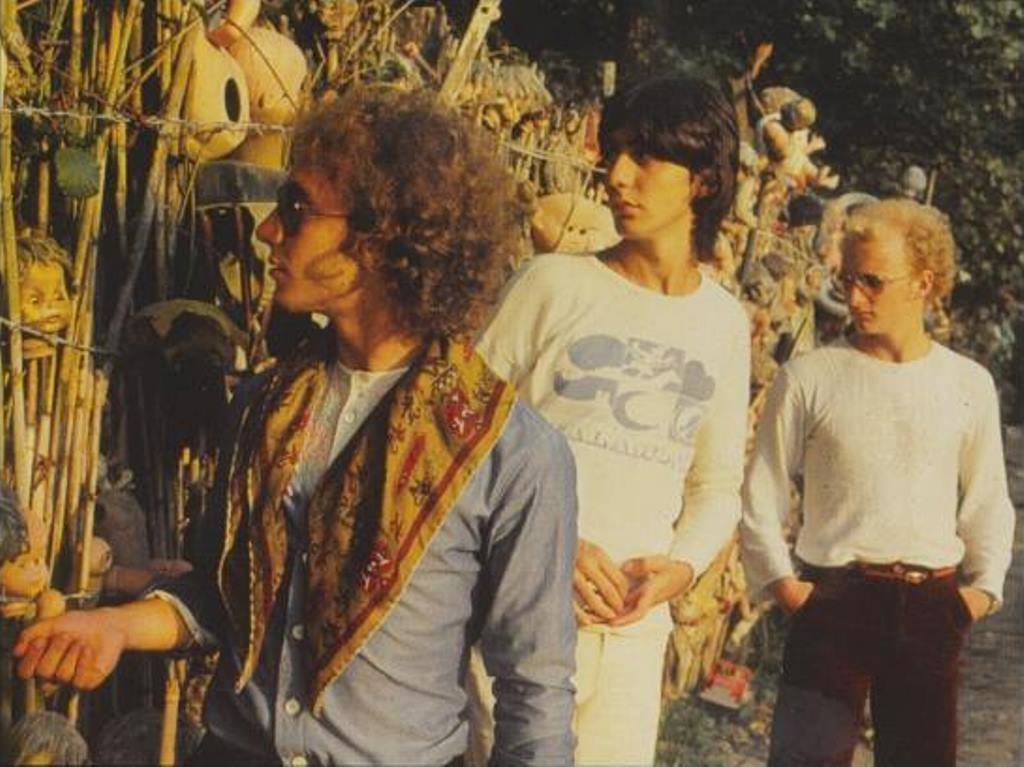
Can you elaborate on the formation of Pierrot Lunaire?
Yes, the first album consisted of Gaio Chiocchio on guitar, sitar, organ, voice. Vincenzo Caporaletti on guitar, bass, flute, drums. And me, Arturo Stàlteri on piano, keyboards, percussions, voice.
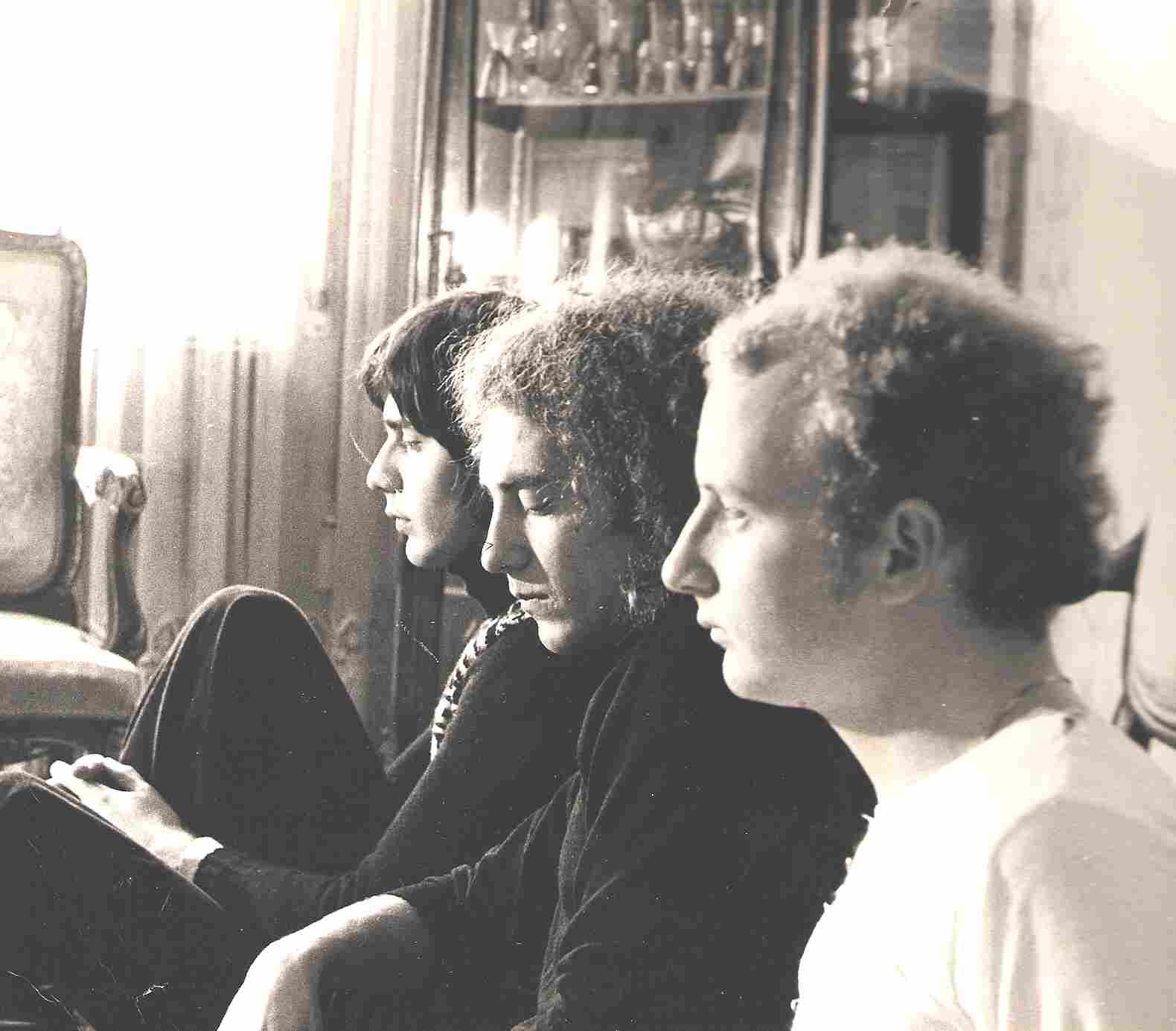
On the Gudrun album Vincenzo Caporaletti left the band, and Jaqueline Darby (soprano voice) came from Galles.
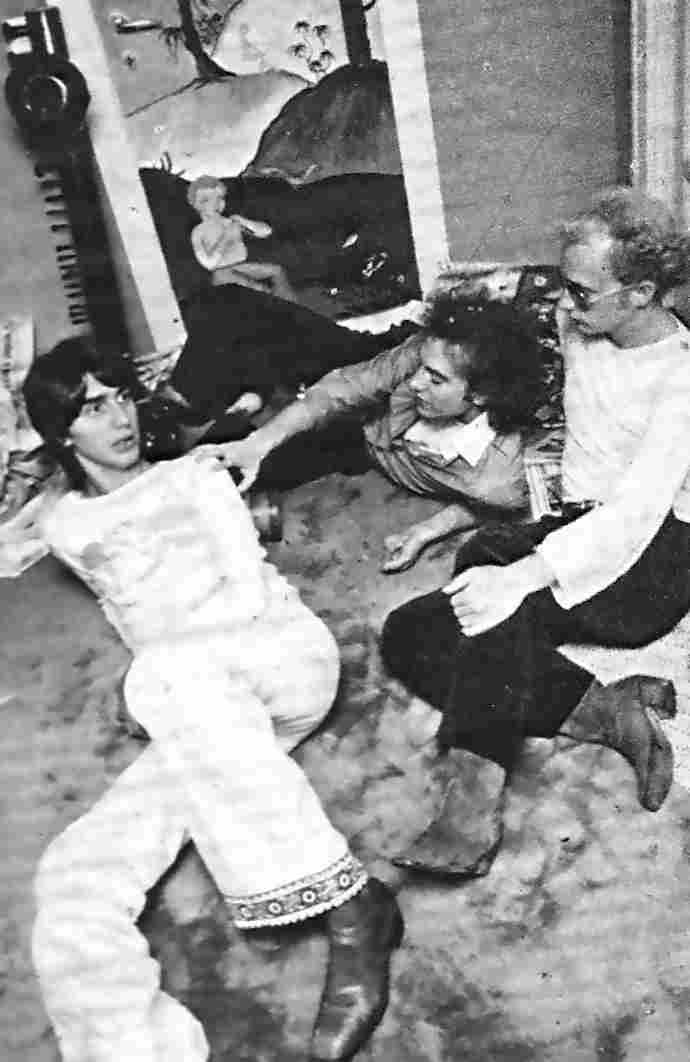
“We tried to put classical, expressionism, rock, pop, minimalism and ethnic in the same work.”
You took the name from musical work by Arnold Schoenberg. How much influence did he have on you?
The name was a suggestion of our producer Vincenzo Micocci; he was thinking about the poems by Albert Giraud, very decadent, that Arnold Schoenberg put in music in his opera. On the first album I think that we were influenced mostly by the original lineup of King Crimson, and maybe some Jethro Tull atmosphere. I am not particularly satisfied with that record. It’s too naïf (anyway, we were teenagers!). Gudrun is completely different, and I love it very much still now. I find many influences in it, from Terry Riley, to Faust, to Curved Air (later I met Sonja Kristina, vocalist of the band, and I compose a song for her, and I am very proud of it), to Schoenberg (thanks to Jacqueline).
What else influenced the band’s sound?
I don’t know, perhaps my love for the compositions of Claude Debussy… Gaio was also interested in the music of Rimsky Korsakov.
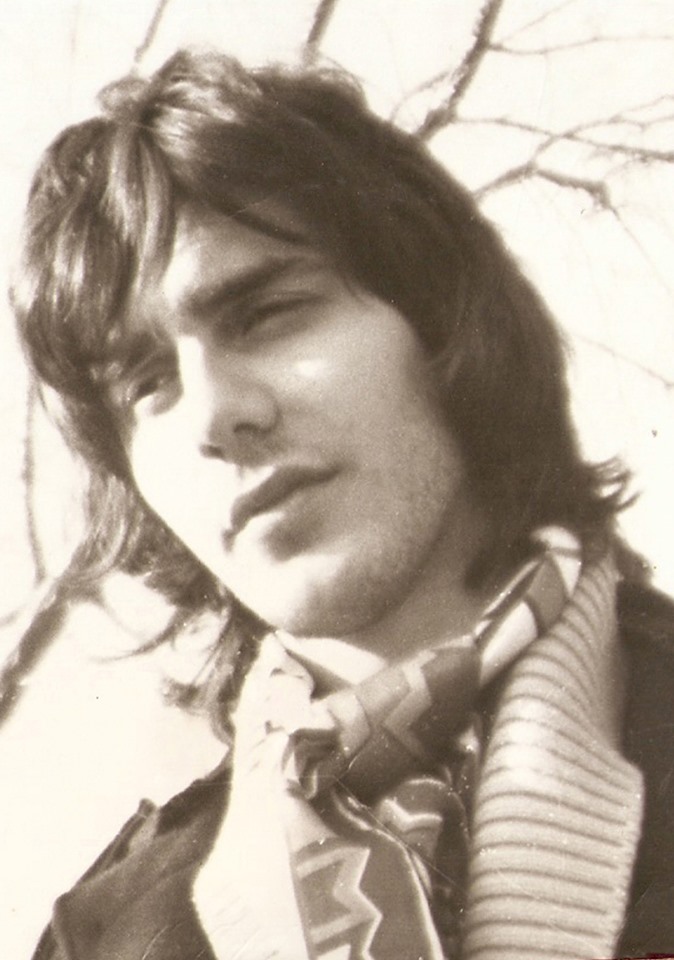
How did you get signed to IT Records?
The family of Michele Mondella was very close to mine, and I met Michele when I was a child. In the beginning of the 70s he became a talent scout and a promoter for IT records. I tried to call him in the Spring of 1974 and I asked him if he would be interested in listening to some of the compositions Gaio and me (especially Gaio) had written. He said immediately “yes” and we went to IT Records, and played live with piano and guitar. Some of the tracks you can find on Pierrot Lunaire LP. Our songs moved him, and he planned an appointment with Vincenzo Micocci, who was the director of the label. So, after a few days, we had the opportunity to play our music to him; he said “OK, I like that!”. In two months we were in the studios of RCA, recording our first album!
What’s the story behind your debut from 1974? Where did you record it? What kind of equipment did you use and who was the producer? How many hours did you spend in the studio?
As I said, we will be thankful to Michele Mondella forever (unfortunately he passed away in 2018). We recorded in a big RCA studio. We used: Petrof grand piano, Farfisa and Hammond organs, harpsichord, celesta, bass guitar (I don’t remember the brand name), drums (perhaps Ludwig), Eminent (an Italian mellotron–like), some acoustic and classical guitars, Gibson Les Paul electric guitar, electric mandolin, sitar, assorted percussions, recorder. Vincenzo Micocci was the producer. We stayed 15 days for the recording and 7 days for the mix.
Was there a certain concept behind the album?
Well, I think not… but the lyrics were quite fantasy oriented, except for “Sotto i ponti”, that talked about a homeless person who lived under a bridge.
“Gaio and I composed the tracks in a magic symbiosis!”
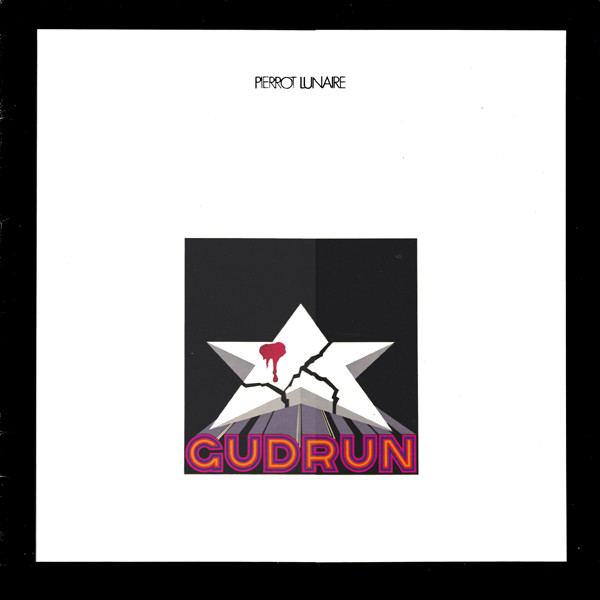
I think your biggest masterpiece is Gudrun. It’s a wonderful fusion of rock, opera and avant-garde. What’s the story behind it?
I love that record, a lot! Gaio and I composed the tracks in a magic symbiosis! The personality of Jacqueline Darby took a renewed atmosphere in our work, and we thought about a story that could put in evidence her fantastic vocal technique… in that period we also listened to minimalism, especially Terry Riley, and German (cosmic and rock) music. At the same time, we were bewitched by medieval music (at the beginning of Gudrun you can listen to our interpretation of a tune by Thibaut de Champagne). There is no connection with the previous album at all (that, as I said, I don’t love so much…); the only link to the first Pierrot Lunaire is the use of an excerpt of the recorder from “Il re di Raipure”, reversed and slowed at the very beginning of the record. Actually, Gudrun is a concept album, except for “Morella”, that is inspired by Edgar Allan Poe and “Giovane madre” (inspired by Curved Air’s “Young Mother”). Jacqueline put into the record her passion for dodecaphony, especially in “Gudrun” and “Gallia”. We worked with a theatrical director, Ezio Alovisi, who invented many voices and noise effects… In addition, Enzo Martella, our sound engineer, contributed to the general sound of the record. We tried to put classical, expressionism, rock, pop, minimalism and ethnic in the same work. Think about “Plaisir d’amour”: the original is from 1785 (Jean Paul Ègide Martini and Jean-Pierre Claris de Florian)… but we inserted some violently distorted electric organs and guitars, and we invited a woman from Tunisia for singing and playing darabouka (Jamina Aït Gharbi)! Consider that, at the time, world music had not arrived yet, except for the recording of the Pipes of Pan at Joujouka by Brian Jones (a musician that I loved enormously). Furthermore, we played inside the record a little synthesizer, assembled by a young engineer, Walter Lefèvre, that we named Waltsynth. I’d like also to mention a fantastic drummer, Massimo Buzzi, which immediately understood our atmospheres and played splendidly on “Giovane madre”, “Morella” and “Mein armer Italiener”.
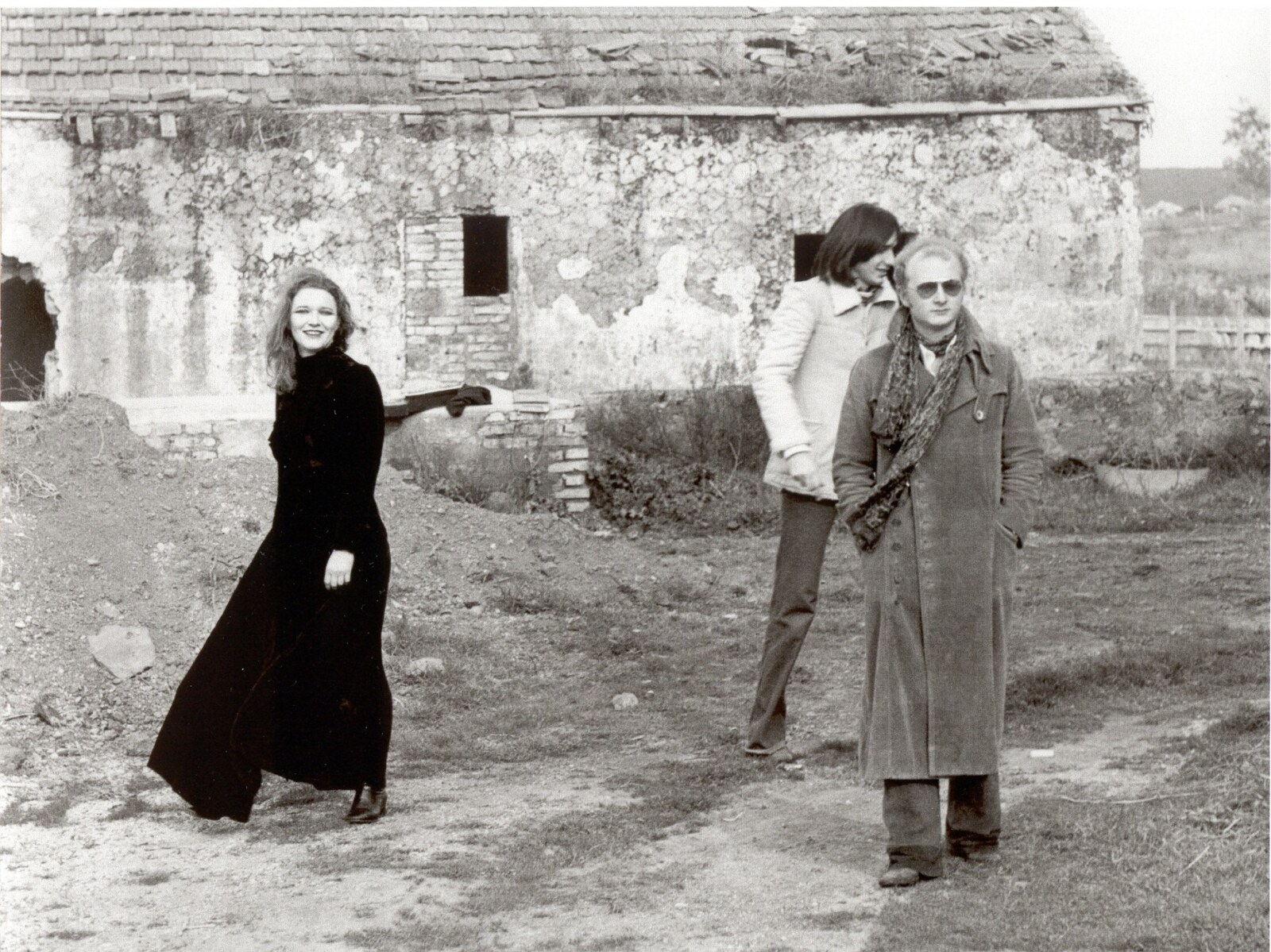
Did you do any shows or even tour?
We did few shows, because in those days it was very difficult to reproduce live our music… you know, we did many overdubs in studio. I think we played live five or six times.
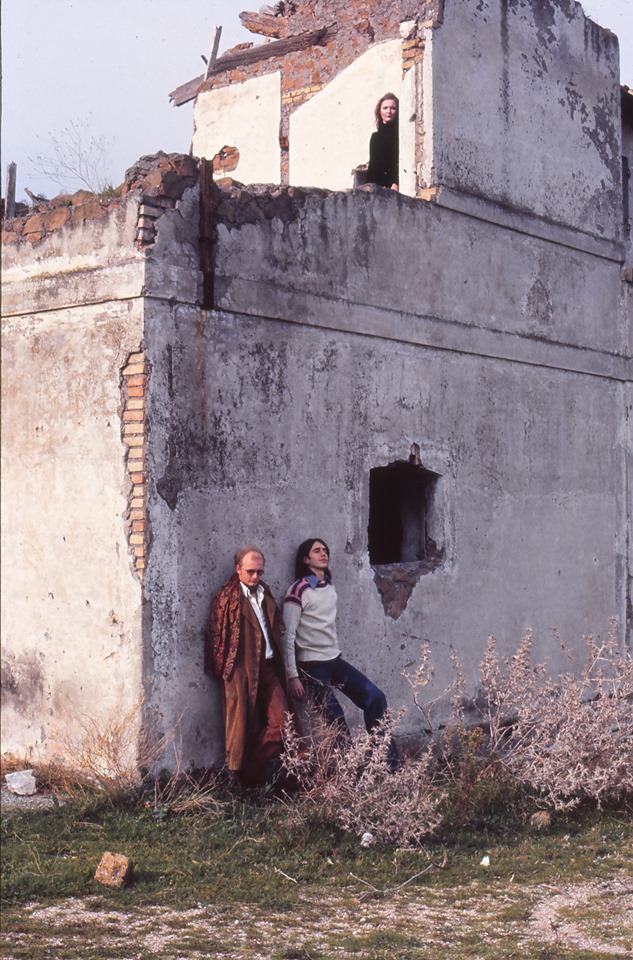
What happened after the band stopped?
In 1978 I was no longer interested in playing inside a band, and I told it to Gaio. I composed and recorded André sulla Luna; at the same time I took my piano diploma (1979) and I started to practice classical music a lot and to play classical composers in concert. Gaio was very interested in continuing the Pierrot Lunaire adventure, but for some reasons he began writing lyrics for many Italian singers, and started also a career as a musical producer. Anyway, he released one E. P. and a single. In the middle of the 90’, he asked me if I was interested in reforming the band, but I said no. Unfortunately, in the summer of 1996, he had a heart attack…
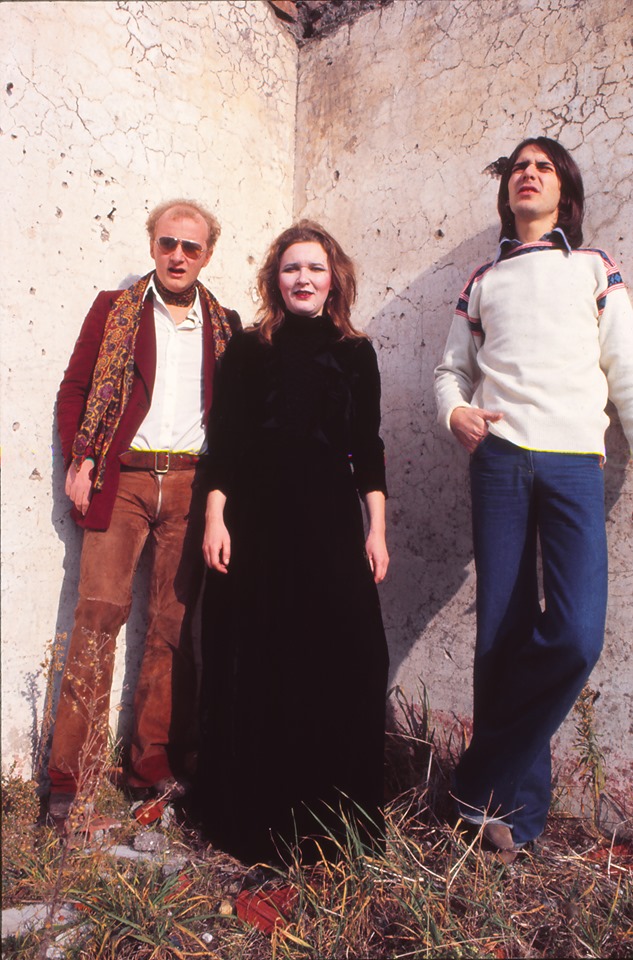
In 1979 you released your first solo work: André sulla luna. Would appreciate some words about its creation.
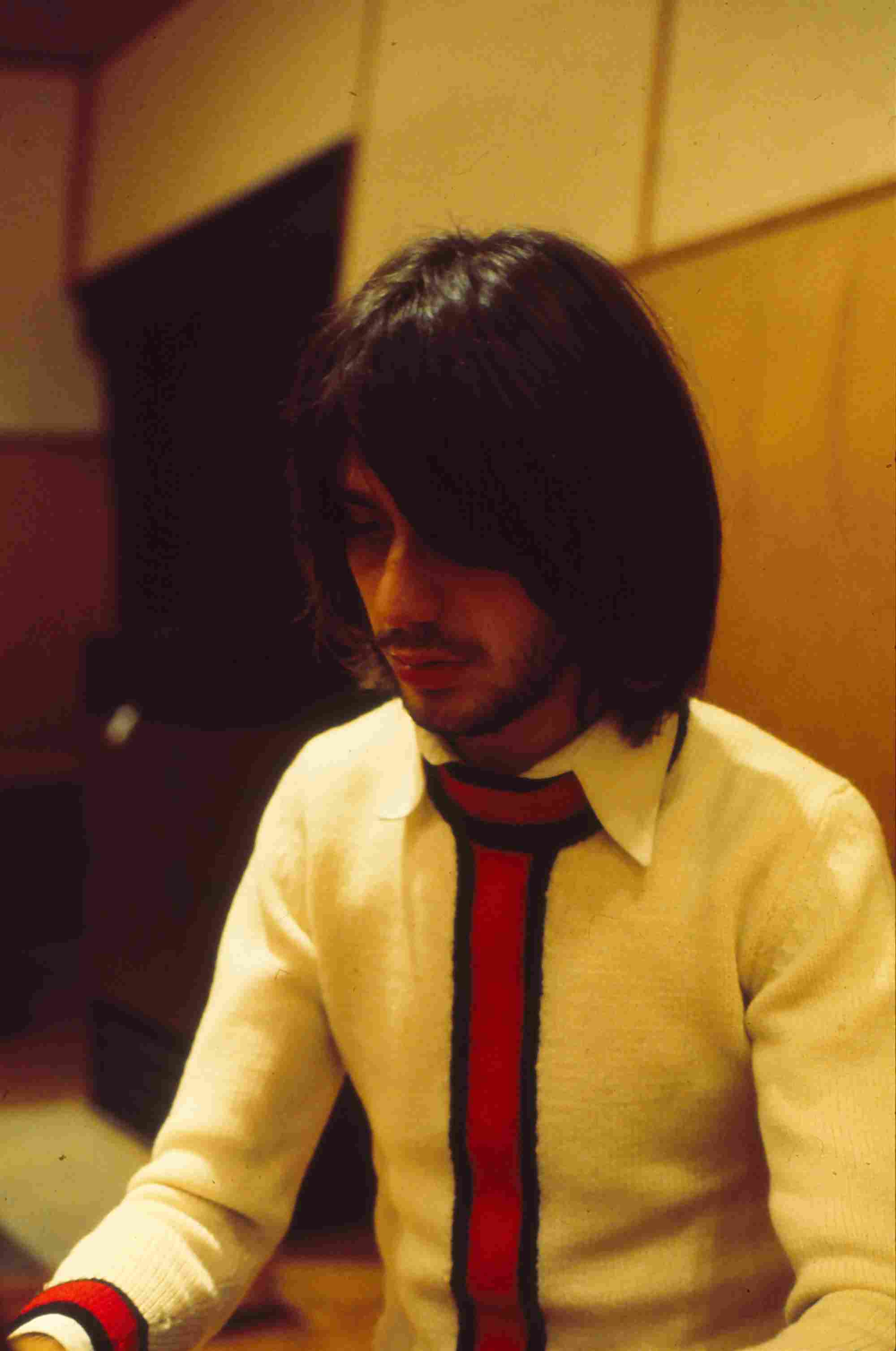
I love that record. I put inside it many of my musical interests, from the music of Terry Riley, Philip Glass and Steve Reich, to Bo Hansson and Maurice Ravel. Perhaps, if I listen to this today, I find it not too original (too many influences), but I think it’s a spontaneous work, written and played with passion and enthusiasm.
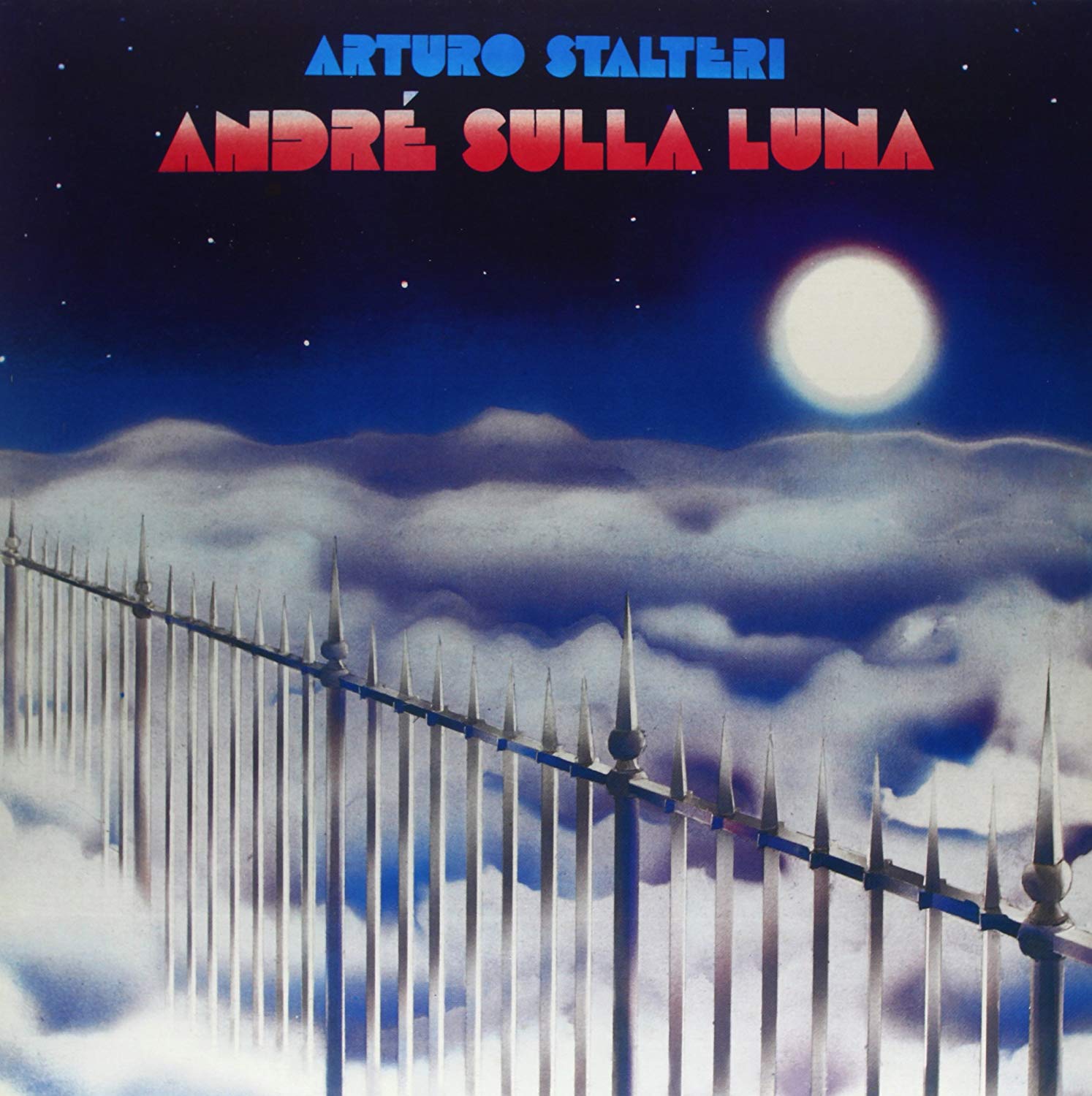
I love especially “Viaggiando tra i riflessi” (that I still play in concerts sometimes) and “Sul mare omicida”, with a quotation from “Le Gibet” by Maurice Ravel. I also find “Gli hins” very nice.
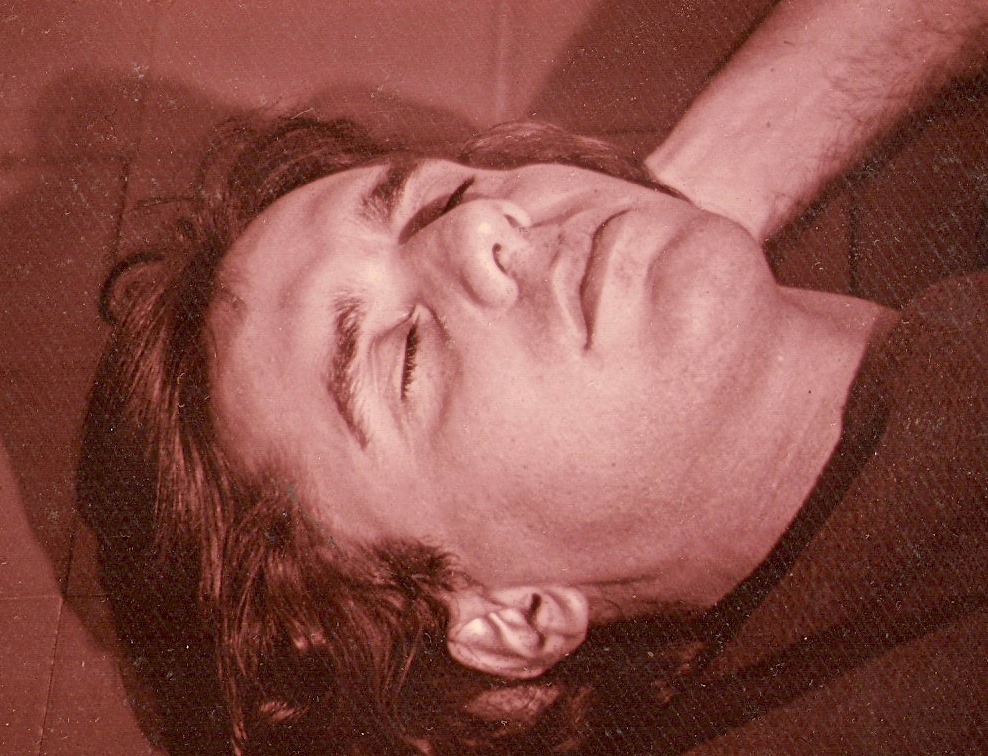
How about Tre and Dog Chakra?
Dog Chakra is from another group with the same name as us…
Tre is not the third, lost album, of Pierrot Lunaire: you can find in it, three demos that Gaio have composed for our third album, never released: “Cilla” (sung by Gaio himself), “What’d You Say” (where we sing in an invented language similar to English) and my basic piano for “Soldato”(this one was in progress to becoming a song about a soldier who has lost his legs in war). The album Tre also includes a new version of “Morella”(from Gudrun), that I play on a sampled piano, without vocal. It contains further more the demos from “Sonde in profondita’” and “Mein armer Italiener” (from Gudrun too). Nevertheless, most of all, Tre includes some of our songs played by young progressive bands of the contemporary Italian scene.
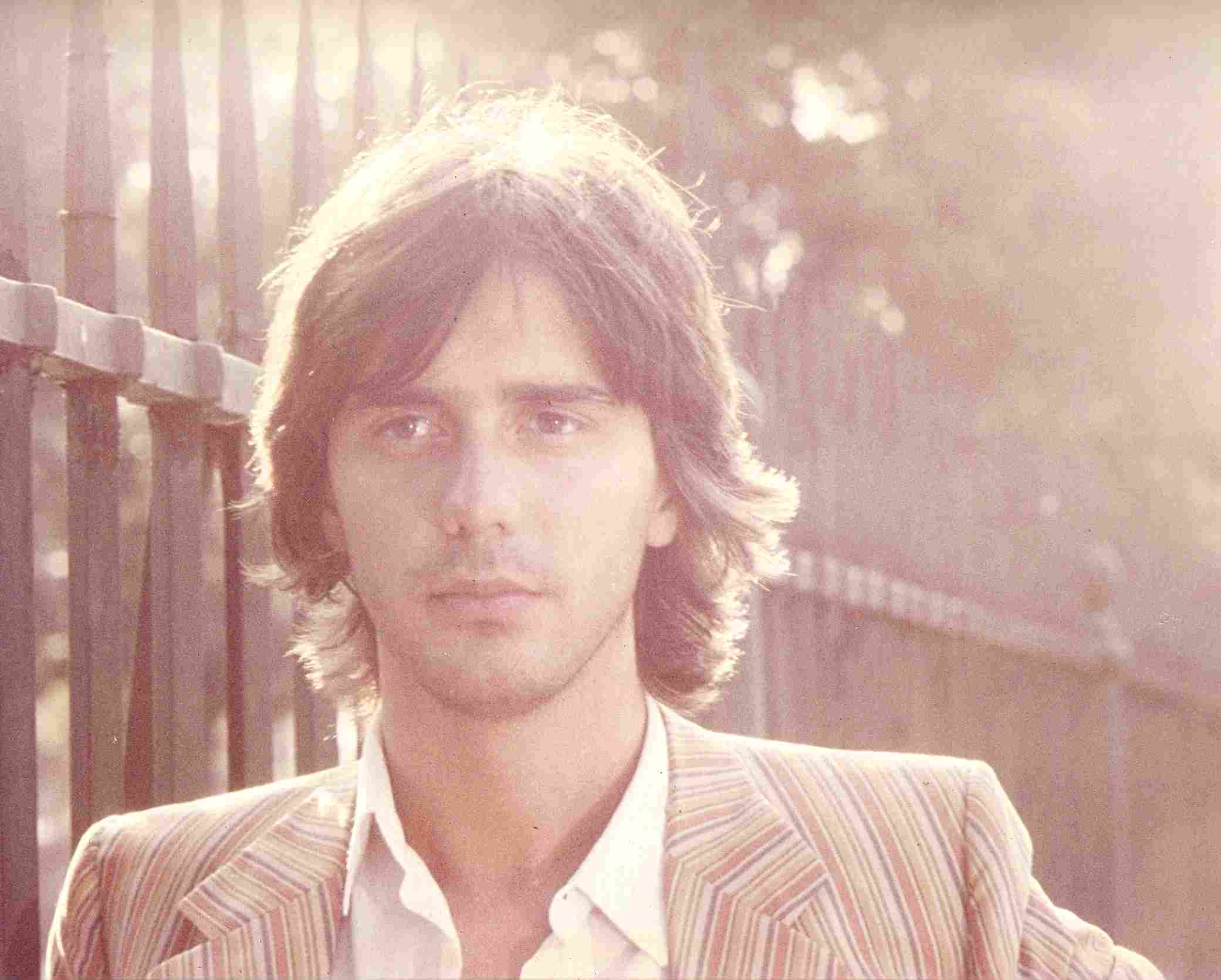
It is impossible to go through your whole music discography. What are some of the latest projects?
Well, I don’t know… I am especially satisfied of my Preludes (2016). They are 23 pieces inspired by personal memories, images and sensations, that I tried to put in music. In addition, I really love the freedom of the prelude in classical musical history, from Bach, to Chopin, to Debussy, to Scriabin etc.
I am also very happy about the new work, which I think will be released in October 2019, inspired by number “three”(it is named Trilogy). All the compositions are connected with number three… it contains music for solo piano, for three pianos and for piano, cello and flute. I have also inserted a homage to Keith Emerson, that I think has been a true genius.
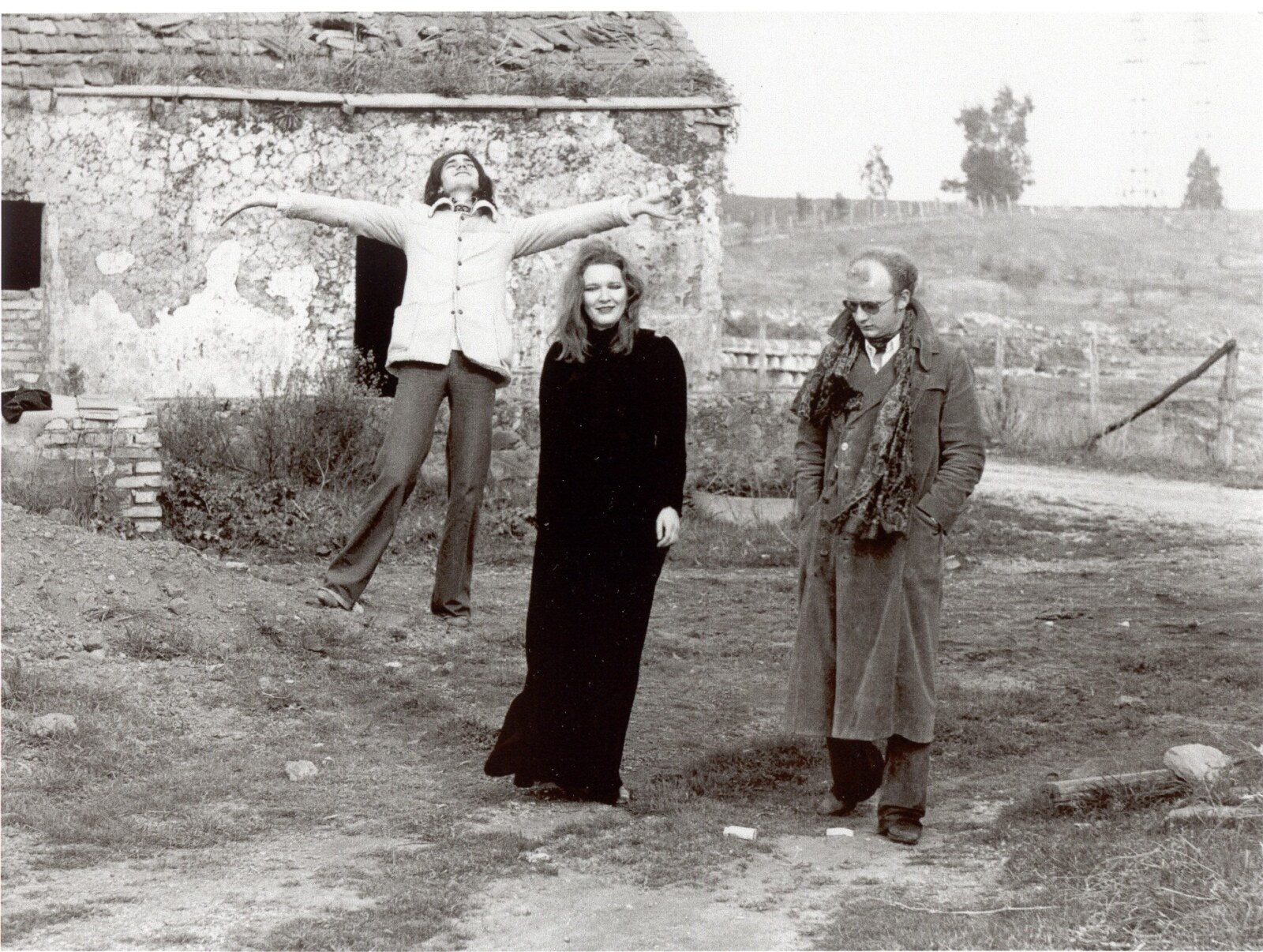
What are some of your albums and collaborations that you are most proud of?
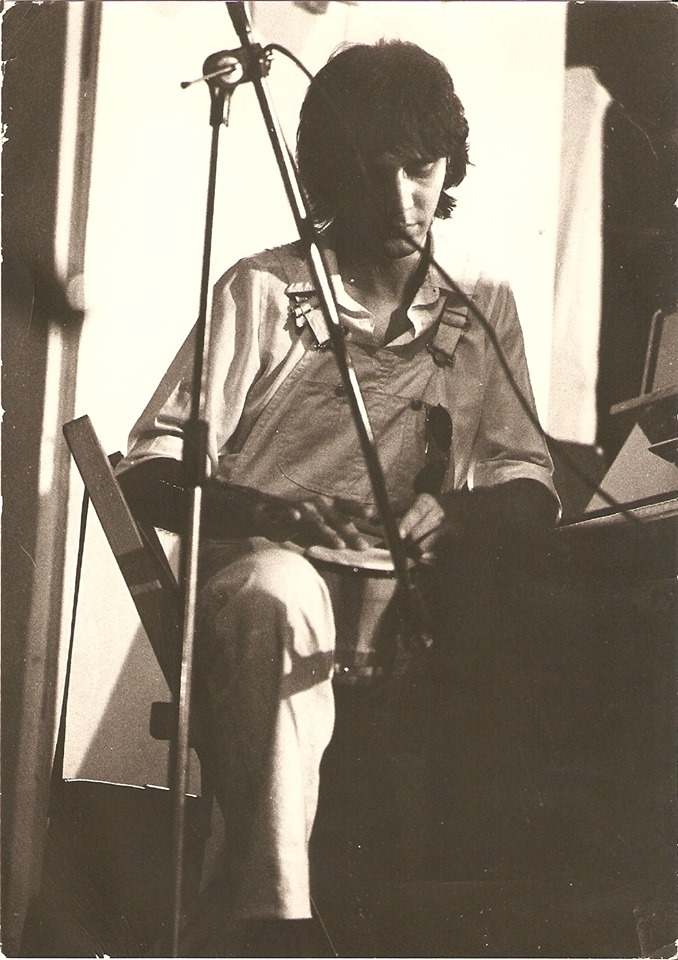
I have already told about the song I wrote for Sonja Kristina from Curved Air. I would like also to tell about my collaboration with David Sylvian: in 1995, I was asked to play bouzouki (the Greek guitar, which I play just for delight) in an album by Nicola Alesini and Pierluigi Andreoni, called Marco Polo. Nicola is friend with David, so he invited him to write some lyrics and sing on the record. One of the tracks was “Come Morning”, and Nicola asked me if I wanted to play bouzouki in it: so we recorded the musical base near to Florence, and we sent it (it was a DAT recording) to Sylvian (which was in New York), for making him sing on it. Sylvian did it splendidly. I had played two bouzoukis in the song. When the CD was released, I was a little disappointed, because in the final mix the bouzoukis were very low. But I had my revenge! When David Sylvian released his compilation Everything and Nothing, he completely remixed the tune and he put my bouzoukis VERY LOUD!!!
I am also proud of my collaboration with Franco Battiato; he is a true friend of mine. In 2014 I released In sete Altere, where I rearranged some of his music for one or more pianos. He followed my work meanwhile I was rearranging and recording, and we also co-wrote two pieces.
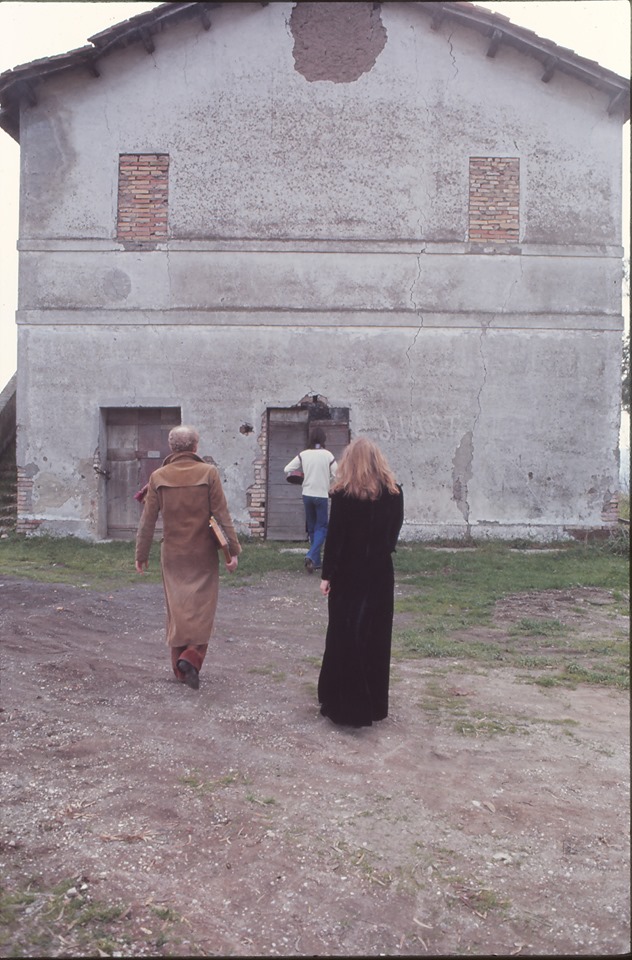
Thank you for taking your time. Last word is yours.
What can I say? I think music has been a true gift for me, making my life enjoyable. I never had a moment of boredom or crisis, and I love to play and to listen to new productions from other artists, with the same interest I had in the past. No doubt, the world has changed, and so has changed the way music is released and listened. Digital synthesis and internet have given many new possibilities to create and diffuse music, but in the same time, they have taken away magic and mystery from it (and money!). Anyway, every medal has reverse side!
– Klemen Breznikar

